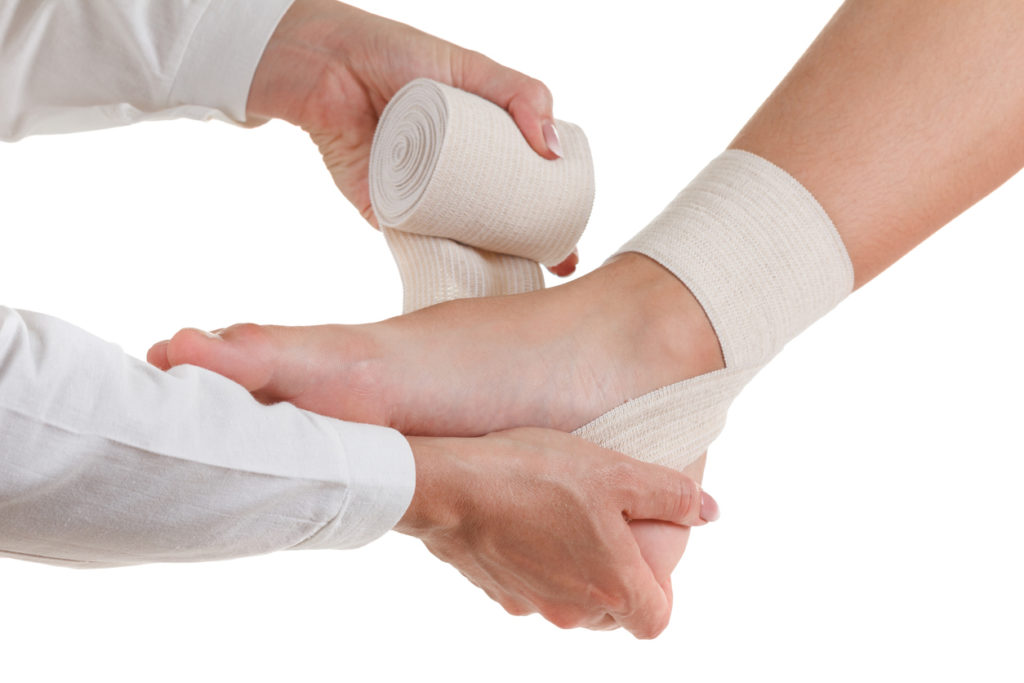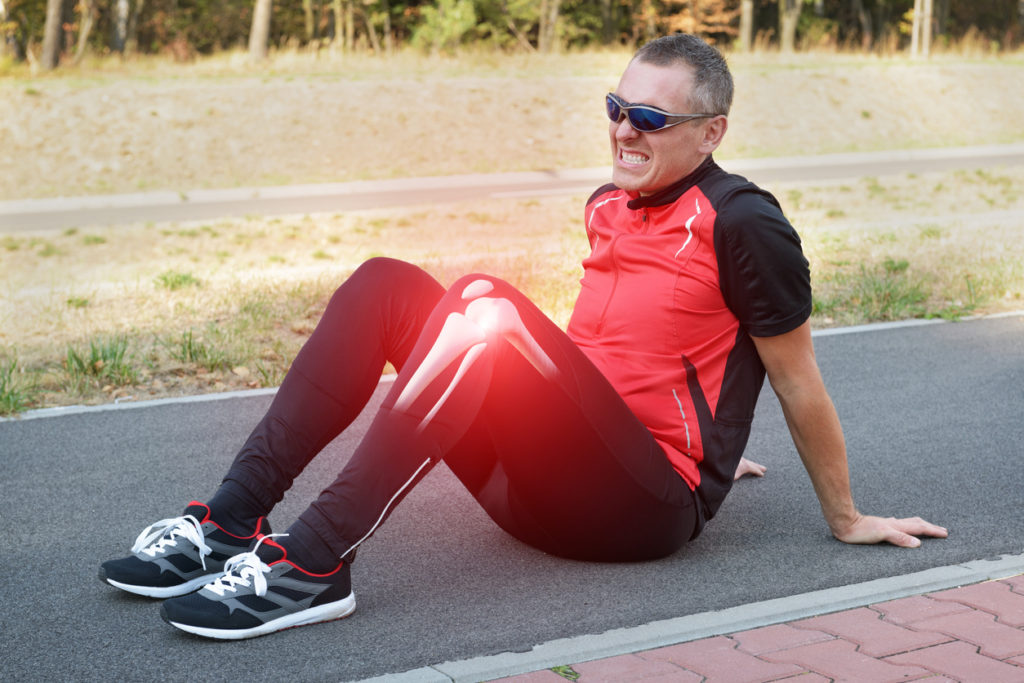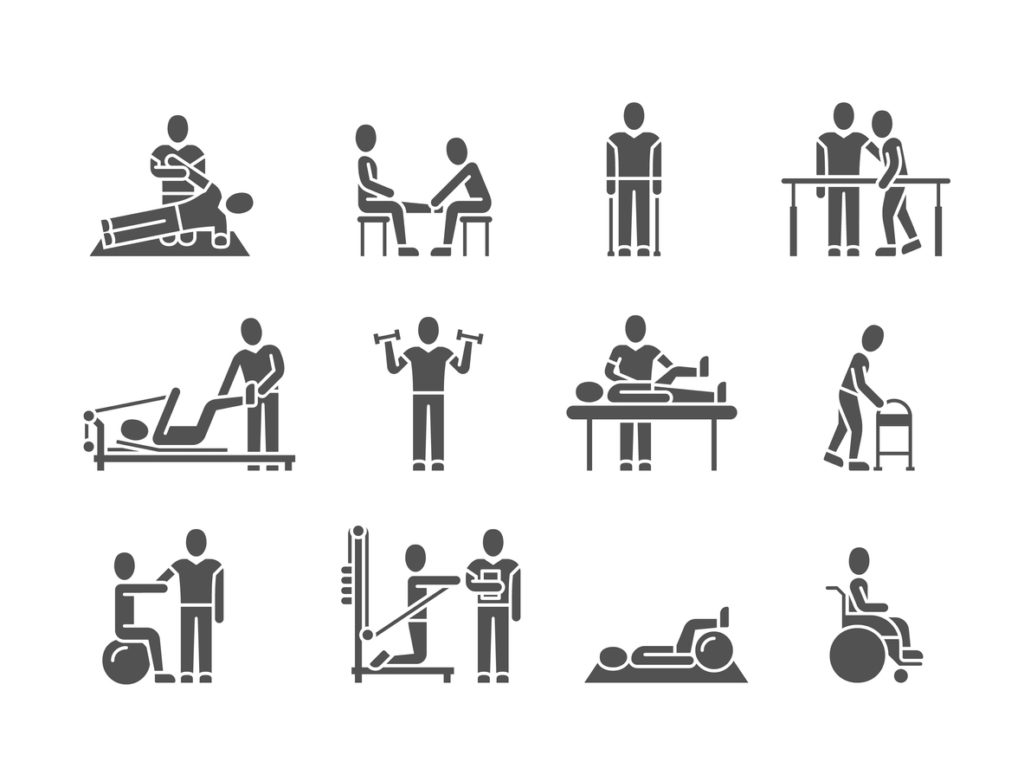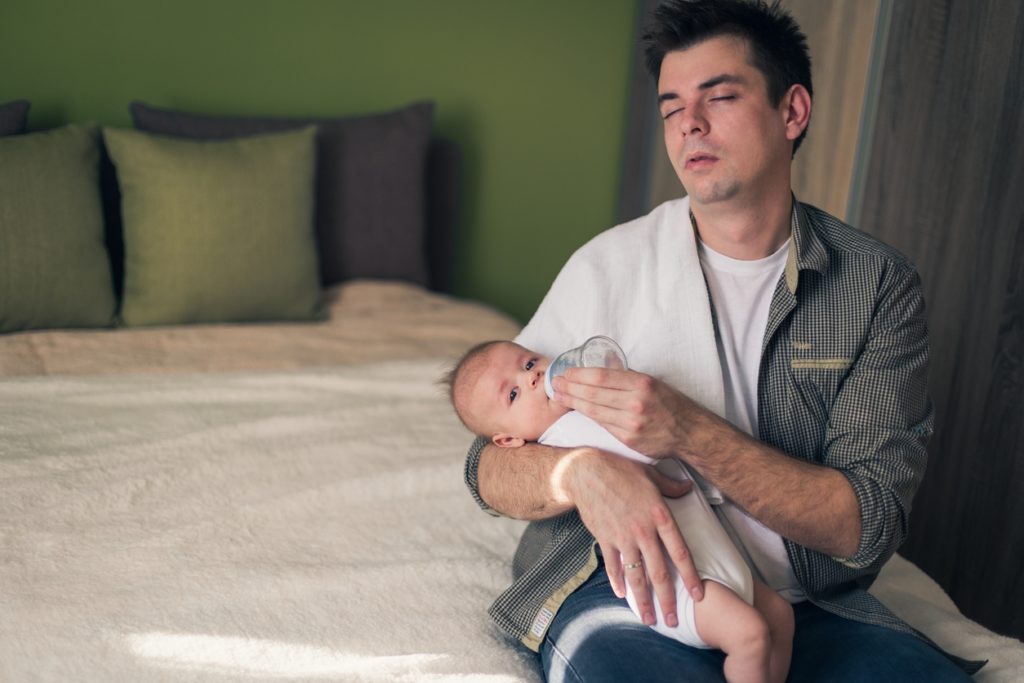This study will provide valuable data on whether soy isoflavones impact bone loss in postmenopausal women. The study will help clarify potential mechanisms and contribute to our understanding of isoflavones as an alternative to traditional hormone therapy.
Official Title
Conditions
– Osteopenia- Osteoporosis
Study Type
Interventional
Study Design
Prevention, Randomized, Double-Blind, Placebo Control, Parallel Assignment, Safety/Efficacy Study
Further Details
Soy protein, rich in isoflavones (estrogen-like compounds), has been shown to prevent bone loss in ovariectomized rats. Short-term preliminary study results in perimenopausal women suggest a bone-sparing effect. Great interest in isoflavones as an alternative to hormone replacement therapy has emerged, yet the long-term efficacy of isoflavones on bone in humans is unknown. Our objective is to determine the three-year efficacy of isoflavone-rich soy extract in attenuating bone loss in postmenopausal women. The central hypothesis is that soy isoflavones will attenuate bone loss in these women by maintaining bone formation, which is modulated by growth factors and isoflavone metabolism. The rationale for this research is that current hormone therapy is fraught with adverse side effects, resulting in non-compliance. This randomized, double-blind, placebo-controlled clinical trial will examine the effects of two doses (80 or 120 mg daily) of isoflavone-rich soy extract on bone in non-osteoporotic postmenopausal women (N=234). The specific aims of this study are: 1) to determine the bone-preserving effects of isoflavones on lumbar spine bone mineral density (BMD); 2) to relate treatment-induced changes in BMD to changes in biochemical markers of bone turnover; 3) to identify potential mechanisms by which isoflavones prevent or modulate bone loss by measuring endogenous estrogens, sex hormone-binding globulin, insulin-like growth factor-I (IGF-I), urinary minerals, serum 25(OH)vitamin D, plasma isoflavones and their metabolites, and customary intake of isoflavone-containing soy; and, 4) to ascertain the safety of isoflavone-rich soy extract. Postmenopausal women will be recruited at two sites (117 at Iowa, 117 at California). Random effects repeated measures analyses will be used to characterize change in BMD as the primary outcome, estimate treatment-induced effects, and depict change in markers of bone turnover in relation to BMD change. We will use intent-to-treat for the primary test, but also account for potential modulators (reproductive hormones, IGF-I, plasma isoflavones) that affect bone, as indicated in specific aim 3.
Study Start
Eligibility & Criteria
Ages Eligible for Study: 45 Years – 65 Years, Genders Eligible for Study: Female Accepts Healthy VolunteersCriteria Inclusion Criteria:Early postmenopausal (i.e., no menses during past 12 months) women, with an upper limit of 7 years since their last cycle Natural menopause (i.e., no hysterectomies or oophorectomies) Body mass index (BMI) > 20 and < 30 Exclusion Criteria:Current or previous (within 12 months) use of hormone replacement therapy, hormonal contraceptives, estrogens, or progestogens Current use of pharmacologic agents, such as selective estrogen-receptor modulators (SERMs) (e.g., raloxifene or tamoxifen) or anti-resorptive agents (e.g., alendronate or calcitonin), herbal therapies that may have estrogenic effects (e.g., herbimycin, tryphostins), or cigarettes Strict vegans (but will include lacto-ovo-, lacto-, and ovo-vegetarians) Metabolic bone disease, renal disease, history of urolithiasis, cancer, cardiovascular disease, diabetes mellitus, respiratory disease, gastrointestinal disease, liver disease, or other chronic diseases First-degree relative with breast cancer Lumbar spine BMD >= -1.5 standard deviations (SD) below mean (high-risk for osteoporosis) and BMD >= +1.0 SD above mean
Total Enrolment
234
Contact Details
[1] National Institute of Arthritis and Musculoskeletal and Skin Diseases (NIAMS) (US)
All content and media on the HealthEngine Blog is created and published online for informational purposes only. It is not intended to be a substitute for professional medical advice and should not be relied on as health or personal advice. Always seek the guidance of your doctor or other qualified health professional with any questions you may have regarding your health or a medical condition. Never disregard the advice of a medical professional, or delay in seeking it because of something you have read on this Website. If you think you may have a medical emergency, call your doctor, go to the nearest hospital emergency department, or call the emergency services immediately.







